Chinese ginseng can improve the immune response and digestive enzyme expression of L. vannamei
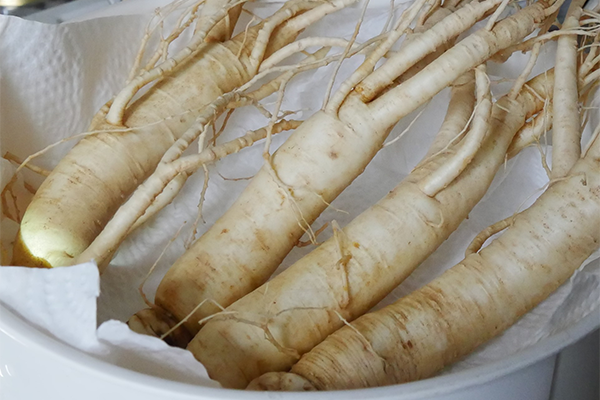
Various Chinese herbal products have been shown to have the potential to modulate the immune system of cultured aquatic animals and could be a valuable option for managing diseases in aquaculture, including farmed shrimp production.
One of these products is Chinese ginseng (Panax notoginseng), which is primarily produced in Japan, Myanmar and the southwestern regions of China. More than 200 active substances – such as saponins, polyacetylenes, sterols, volatile oils, flavonoids, polysaccharides, cyclopeptides and amino acids – have been identified from P. notoginseng. Varios studies on aquatic animals have demonstrated that an extract from P. notoginseng enhances animal growth and antioxidant capacity.
Hemocytes – cells involved in the immune system of invertebrates and found in the hemolymph, the body fluid in invertebrates and analogous to blood in vertebrates – play a major role in the immune system of shrimp. They primarily control the cellular defense mechanism by releasing defense factors that protect the shrimp’s body from pathogen attacks.
The total hemocyte count (THC) is an important indicator of an animal’s immune strength, and various studies have demonstrated that several plants can increase the THC in shrimp; for example, Mongolian milkvetch (Astragalus membranaceus), virgin tears (Eleutherine bulbosa), drumstick tree (Moringa oleifera) leaf extract, gale-of-the-wind (Phyllanthus amarus) extract and extracts of Indian nightshade (Solanum ferox) and bitter ginger (Zingiber zerumbet).
This article – summarized from the original publication (Chen, Y-T. et al. 2023. Effects of Panax notoginseng Water Extract on Immune Responses and Digestive Enzymes in White Shrimp Litopenaeus vannamei. Animals 2023, 13(7), 1131) – presents the results of a study that evaluated the effects of a Chinese ginseng water extract (PNWE) on the immune responses and digestive enzyme functions of L. vannamei.
Study setup
L. vannamei (3.8 ± 0.5 grams (mean ± SD) juveniles were provided by the Department of Aquaculture, at the National Pingtung University of Science and Technology. They were acclimated in the aquatic animal breeding room of the National Kaohsiung University of Science and Technology for seven days and fed with commercial shrimp feed twice a day. For the trial, the shrimp (60 shrimp per group) were kept in 250-liter tanks containing 200 liters of seawater at 15 ppt salinity; the water temperature was maintained at 25 ± 1 degrees-C, the pH value at 7.8–8.0, and they were fed twice daily the commercial shrimp feed at (8 percent body weight).
Four treatment groups were used, including the control and three different concentrations of the PNWE (50, 100, and 200 micrograms per gram of shrimp. Approximately 20 microliters of the PNWE solutions were injected intramuscularly into the second to third abdominal segment of each shrimp to achieve doses of 50, 100 and 200 micrograms per gram body weight, respectively. The control group consisted of shrimp injected with only 20 microliters of saline solution.
At each of several time points (12, 24, 48, 72, 168 and 240 hours) after injection, 10 shrimp were collected per treatment from each group. Their hemolymph was sampled to analyze for several immune parameters, including THC, and their intestines were sampled to measure the activity of various intestinal digestive enzymes as well as the Vibrio numbers inside the intestines. Both the hepatopancreas and intestines were sampled at 240 hours for histopathological observations.
For detailed information on the experimental design, animal husbandry, preparation of the experimental PNWE solutions, measurement of immune parameters and digestive enzyme activities, and data analysis, refer to the original publication.
Moringa leaf extract can boost Pacific white shrimp immune responses
Results and discussion
Results of the study showed that different concentrations of the PNWE significantly increased several immune parameters – including total hemocyte count (THC), granular hemocytes (GC), and semi-granular hemocytes (SGC) and also significantly increased the activity of various digestive enzymes (chymotrypsin, trypsin and amylase) of L. vannamei.
Furthermore, 50 micrograms per gram shrimp of PNWE regulated the activity of the enzyme lipase. Additionally, different concentrations of the PNWE significantly reduced the Vibrio numbers in the intestine without damaging the hepatopancreas and intestine tissues. Overall, these results indicate that the PNWE improves the immune responses of L. vannamei by increasing the hemocyte count and regulating intestinal digestive enzymes.
From 24 to 72 hours after injection, the total hemocyte counts (THC) of L. vannamei injected with 100 and 200 micrograms per gram of shrimp of the PNWE were significantly higher than for the control (Fig. 1A). Finally, from 168 to 240 hours, different concentrations of the PNWE significantly increased the THC (p < 0.05). From 24 to 240 hours, the granular hemocytes (GC, Fig. 1B) and semi-granular hemocytes (SGC, Fig. 1C) percentages of L. vannamei injected with different concentrations of the PNWE were significantly higher than for the control, while the hialin hemocytes (HC) percentage was significantly lower than the control (Fig. 1D). The most significant increase in the GC percentage was observed in L. vannamei injected with 100 and 200 micrograms per gram of shrimp of the PNWE.
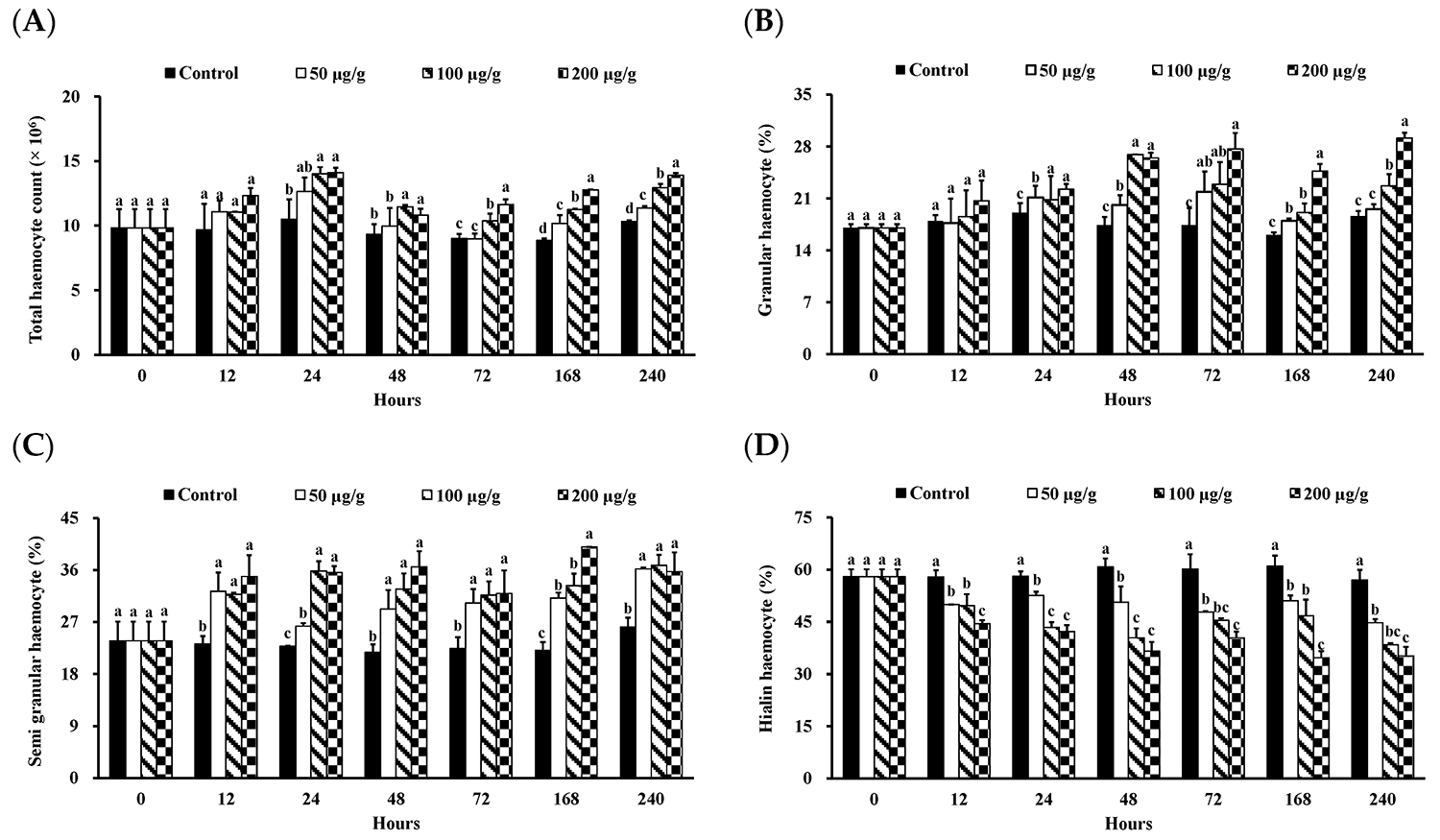
The intestines play a crucial role in food storage, digestion and nutrient absorption. In addition, they also serve as a crucial immunological barrier against toxins and infectious diseases. Our results demonstrated that L. vannamei injected with the PNWE also had better activity of the digestive enzymes trypsin, chymotrypsin and amylase. Intestinal digestive enzymes are directly associated with nutrient digestion and intake and animal growth performance, for example, trypsin enhances protein hydrolysis, amylase catalyzes the hydrolysis of starch into sugars, and chymotrypsin catalyzes the hydrolysis of protein into smaller peptides.
Our results showed that L. vannamei injected with 50 micrograms per gram of shrimp of the PNWE had improved digestive enzyme expression while enhancing the immune response would require > 100 micrograms per gram of shrimp. Therefore, a dose of over 100 micrograms per gram of shrimp of the PNWE would be required to both improve the immune response and digestive enzyme expression of L. vannamei.
Many natural substances have the potential to be used as immunomodulators and growth promoters for aquatic animals, which can be mainly attributed to the active components of natural substances. Among these substances, P. notoginseng saponins (saponins are naturally occurring compounds that are widely distributed in all cells of legume plants), are the main active components of the P. notoginseng root. Researchers have reported that P. notoginseng extract can promote the growth of some fish species as well as their antioxidant capacity, mainly because of its various saponins.
Overall, our results indicated that the PNWE improved the immune response and digestive enzyme activity of L. vannamei, which may be attributed to the P. notoginseng saponins. In a previous study, we previously demonstrated that the PNWE contains the saponins notoginsenoside R1 at 13.98 ± 2.60 mg per gram and ginsenoside Rg1 at 34.67 ± 5.51 mg per gram.
Perspectives
Results of this study show that PNWE enhances the immune responses of L. vannamei by increasing various immune parameters and phagocytic activity while sustaining their growth performance by regulating the activity of intestinal digestive enzymes (trypsin, chymotrypsin, amylase and lipase). Overall, PNWE is a promising immunomodulator for shrimp with the potential to contribute to facilitating the sustainable development of the aquaculture industry.
Now that you've reached the end of the article ...
… please consider supporting GSA’s mission to advance responsible seafood practices through education, advocacy and third-party assurances. The Advocate aims to document the evolution of responsible seafood practices and share the expansive knowledge of our vast network of contributors.
By becoming a Global Seafood Alliance member, you’re ensuring that all of the pre-competitive work we do through member benefits, resources and events can continue. Individual membership costs just $50 a year.
Not a GSA member? Join us.
Author
-
Dr. Shu-Ling Hsieh
Corresponding author
Department of Seafood Science, National Kaohsiung University of Science and Technology, Kaohsiung 81157, Taiwan
Related Posts
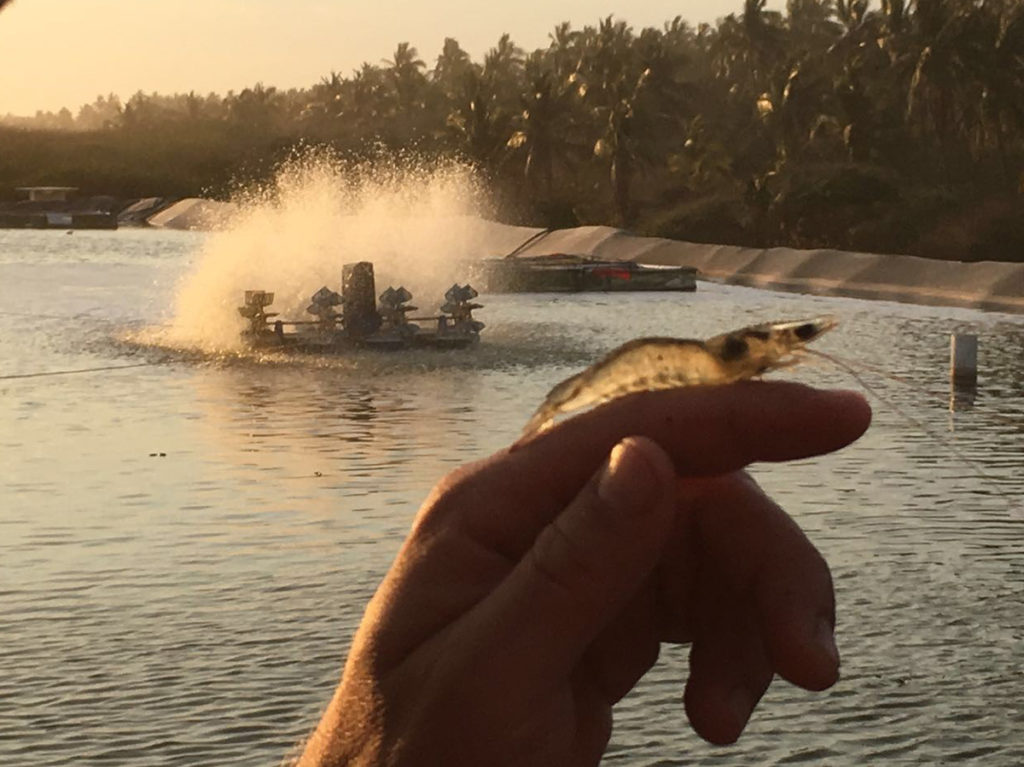
Aquafeeds
A look at protease enzymes in crustacean nutrition
Food digestion involves digestive enzymes to break down polymeric macromolecules and facilitate nutrient absorption. Enzyme supplementation in aquafeeds is a major alternative to improve feed quality and nutrient digestibility, gut health, compensate digestive enzymes when needed, and may also improve immune responses.
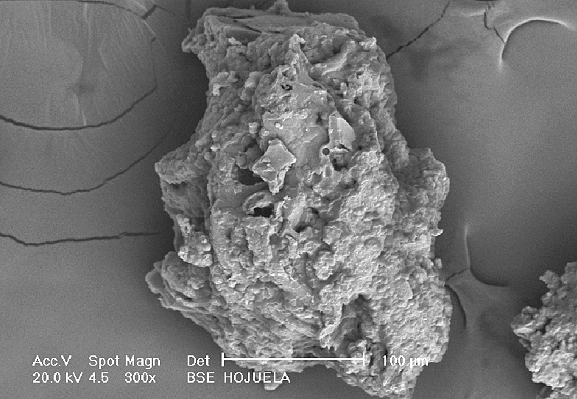
Health & Welfare
Compound microdiets for marine fish larvae: Key parameters
Research has been directed toward developing compound microdiets to ameliorate variability and poor nutritional quality of live food.
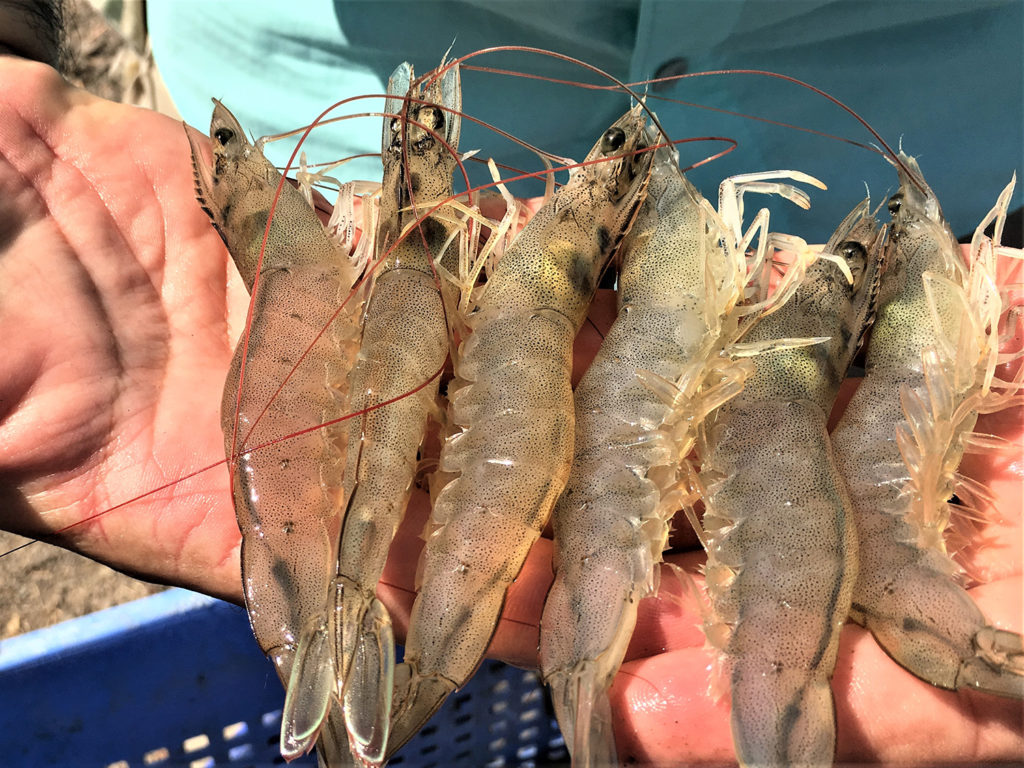
Aquafeeds
In vitro protein digestibility of a microbial-enhanced protein for juvenile white shrimp
A microbial-enhanced protein for juvenile Pacific white shrimp showed higher levels of hydrolysable protein and better digestibility than soybean meal.
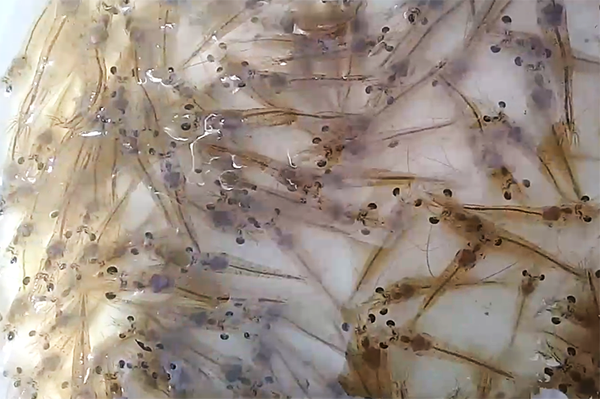
Aquafeeds
Performance of fishmeal replacement with rice protein meal in experimental diets for juvenile Pacific white shrimp
Replacing 10 percent of fishmeal with rice protein meal significantly improves digestibility, protein synthesis, antioxidant capacity and disease.



